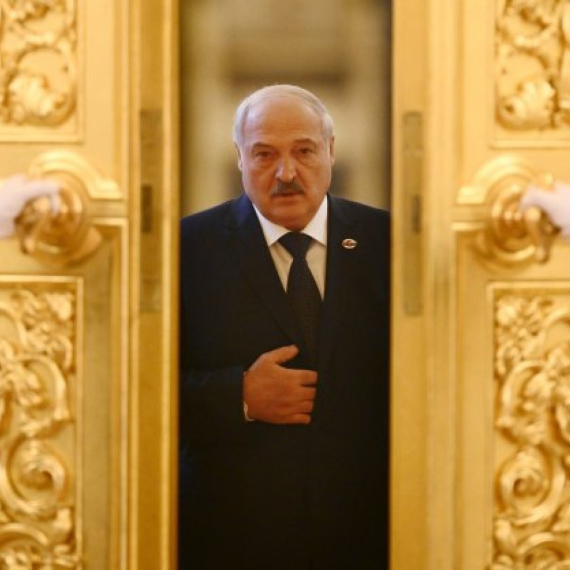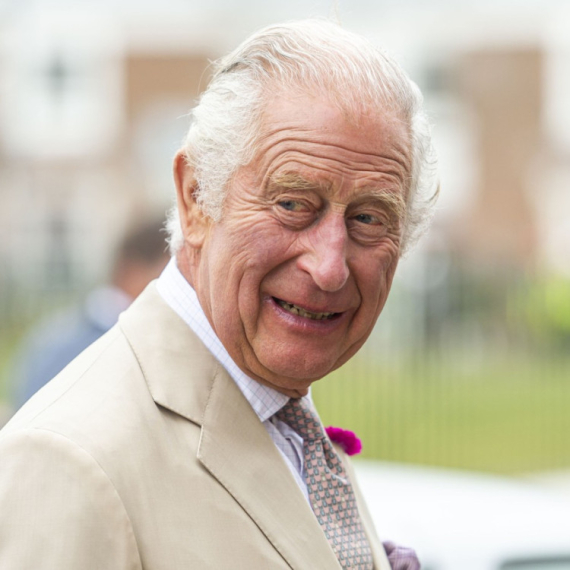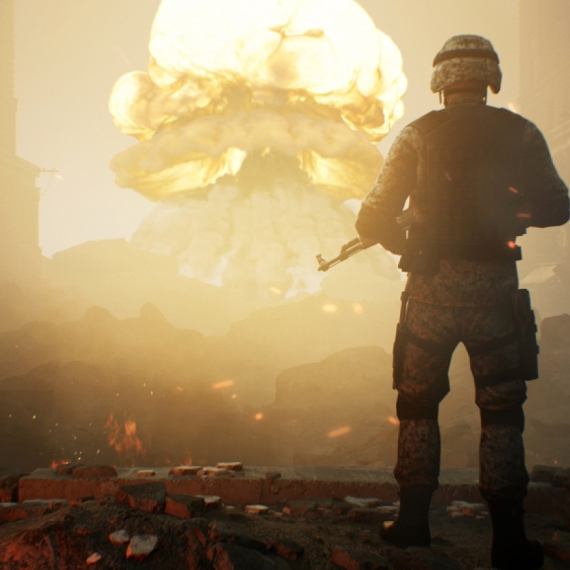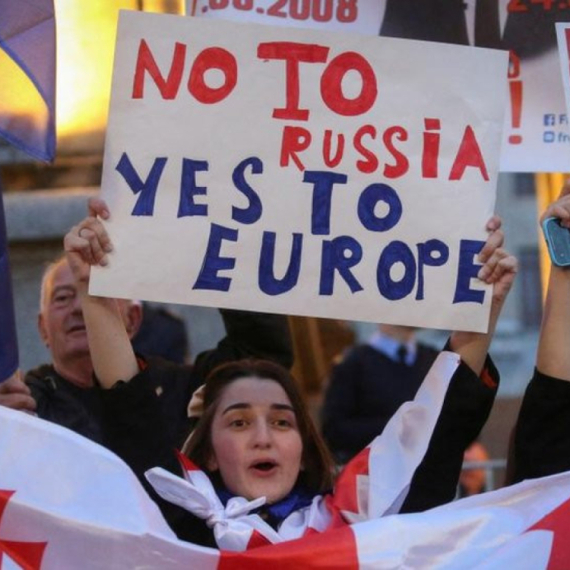British general attacks U.S. post-war Iraq policy
The head of the British Army during the Iraq invasion has blasted the U.S. for its handling of the aftermath.
Saturday, 01.09.2007.
11:53

The head of the British Army during the Iraq invasion has blasted the U.S. for its handling of the aftermath. General Sir Mike Jackson laid into the then U.S. defence secretary Donald Rumsfeld in a stinging attack, said The Daily Telegraph, which is to serialise his forthcoming autobiography, "Soldier". British general attacks U.S. post-war Iraq policy Jackson branded U.S. policy after the March 2003 invasion "intellectually bankrupt" and slammed Rumsfeld's claim that U.S. forces "don't do nation-building" as "nonsensical." Jackson said Rumsfeld was "one of the most responsible for the current situation in Iraq." The retired general's comments are likely to fuel perceived tensions over Iraq between allies Britain and the United States. The Daily Telegraph said Jackson feels the U.S. approach to combating global terrorism is "inadequate" and too focused on military might rather than nation-building and diplomacy. Jackson also defended the record of Britain's military mission in Basra, Iraq's second city. General Jack Keane, a former vice-chief of staff of the U.S. Army, said there was "frU.S.tration" in Washington at Britain's role in southern Iraq as he shed light on media reports that American officials think British forces have failed there. "I don't think that's a fair assessment at all," Jackson said. "What has happened in the south, as throughout the rest of Iraq, was that primary responsibility for security would be handed to the Iraqis once the Iraqi authorities and the coalition were satisfied that their state of training and development was appropriate. "In the south we had responsibility for four provinces. Three of these have been handed over in accordance with that strategy. It remains jU.S.t in Basra for that to happen." The general also attacked the decision to hand control of planning the post-invasion administration of Iraq to the Pentagon. All the planning carried out by the State Department had "gone to waste," he argued. He also said disbanding the Iraqi army and security forces after toppling Iraqi dictator Saddam Hussein was "very short-sighted. "We should have kept the Iraqi security services in being and put them under the command of the coalition." Britain has about 5,500 troops currently based at Basra Airport and Basra Palace, although the small contingent at the latter is due to move out within weeks. Under Prime Minister Gordon Brown, who took over from Tony Blair on June 27, foreign ministers have suggested that Britain would pursue a more multi-lateral approach, while maintaining that Washington remains London's strongest ally. Brown has upheld Blair's line on Iraq, refU.S.ing to bow to calls for an immediate withdrawal of British troops.
British general attacks U.S. post-war Iraq policy
Jackson branded U.S. policy after the March 2003 invasion "intellectually bankrupt" and slammed Rumsfeld's claim that U.S. forces "don't do nation-building" as "nonsensical."Jackson said Rumsfeld was "one of the most responsible for the current situation in Iraq."
The retired general's comments are likely to fuel perceived tensions over Iraq between allies Britain and the United States.
The Daily Telegraph said Jackson feels the U.S. approach to combating global terrorism is "inadequate" and too focused on military might rather than nation-building and diplomacy.
Jackson also defended the record of Britain's military mission in Basra, Iraq's second city.
General Jack Keane, a former vice-chief of staff of the U.S. Army, said there was "frU.S.tration" in Washington at Britain's role in southern Iraq as he shed light on media reports that American officials think British forces have failed there.
"I don't think that's a fair assessment at all," Jackson said.
"What has happened in the south, as throughout the rest of Iraq, was that primary responsibility for security would be handed to the Iraqis once the Iraqi authorities and the coalition were satisfied that their state of training and development was appropriate.
"In the south we had responsibility for four provinces. Three of these have been handed over in accordance with that strategy. It remains jU.S.t in Basra for that to happen."
The general also attacked the decision to hand control of planning the post-invasion administration of Iraq to the Pentagon.
All the planning carried out by the State Department had "gone to waste," he argued.
He also said disbanding the Iraqi army and security forces after toppling Iraqi dictator Saddam Hussein was "very short-sighted.
"We should have kept the Iraqi security services in being and put them under the command of the coalition."
Britain has about 5,500 troops currently based at Basra Airport and Basra Palace, although the small contingent at the latter is due to move out within weeks.
Under Prime Minister Gordon Brown, who took over from Tony Blair on June 27, foreign ministers have suggested that Britain would pursue a more multi-lateral approach, while maintaining that Washington remains London's strongest ally.
Brown has upheld Blair's line on Iraq, refU.S.ing to bow to calls for an immediate withdrawal of British troops.


























































Komentari 1
Pogledaj komentare